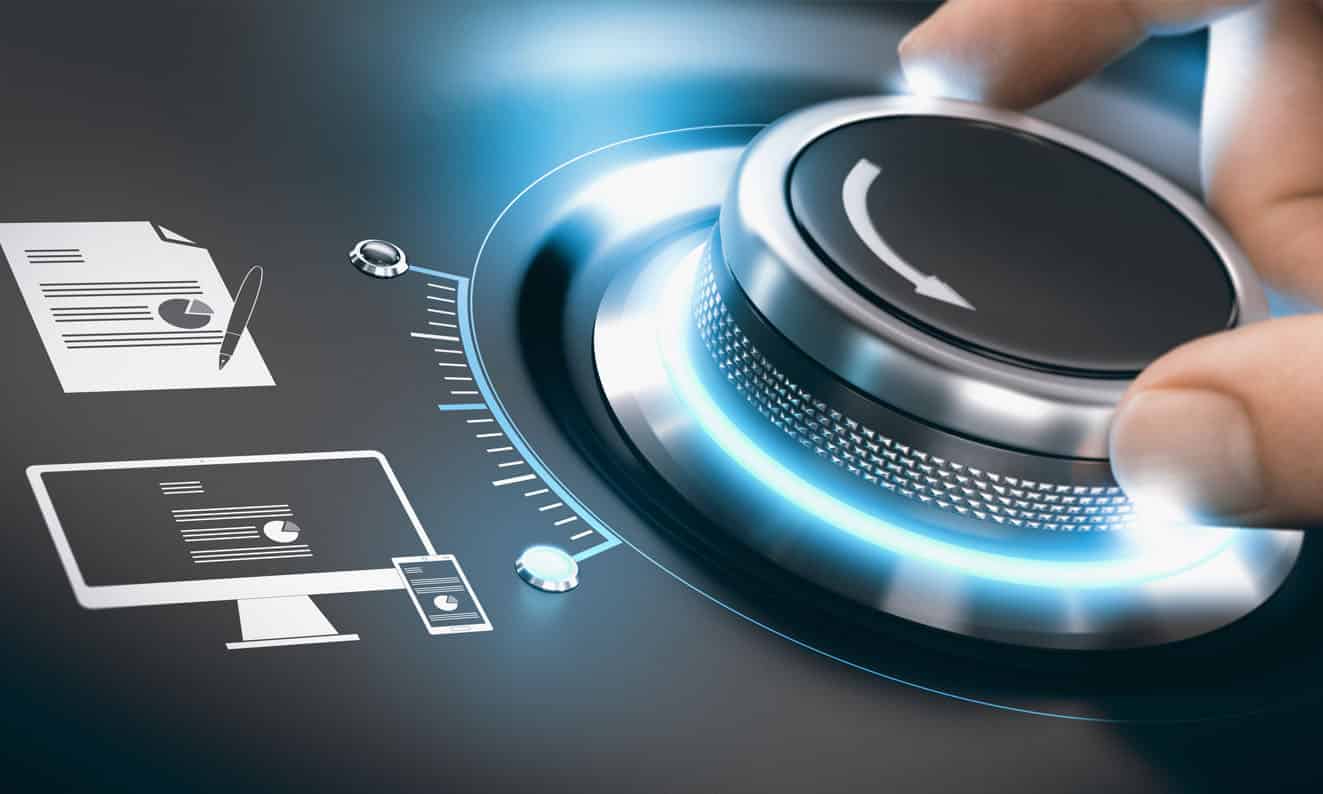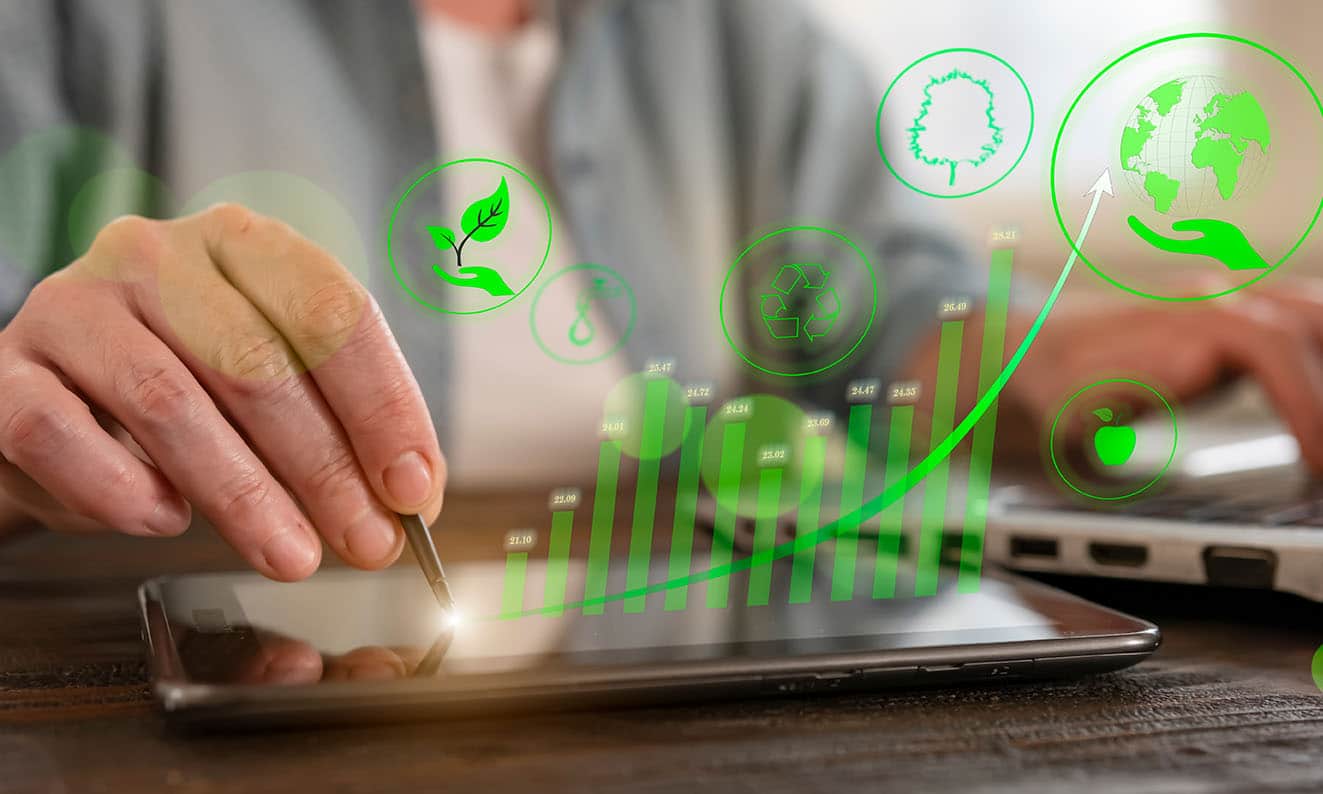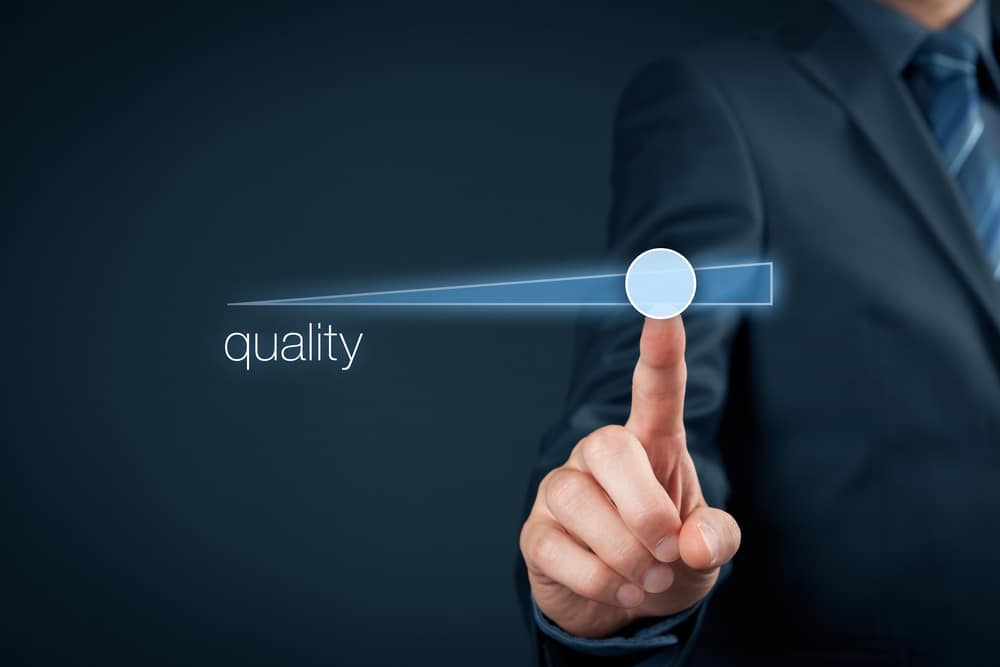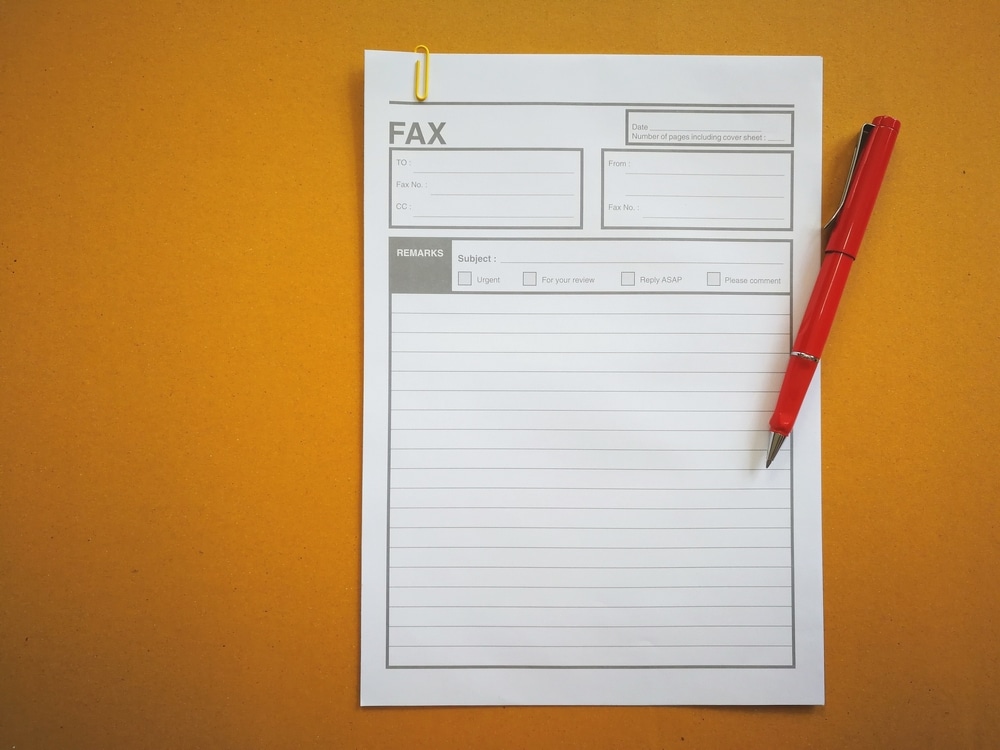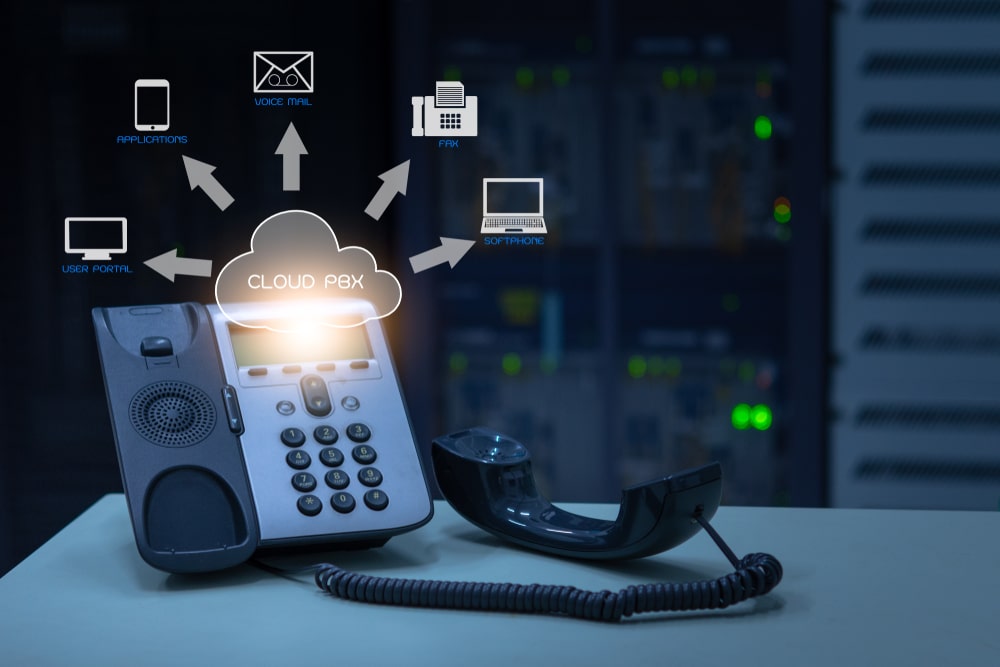
Most people today use email to communicate, and electronic health records are frequently available online. However, many doctors still use fax machines to transmit medical records. Fax technology — particularly cloud-based faxing — is one of the most efficient and reliable ways to send confidential patient information.
5 Common Reasons Doctors Still Rely on Fax Technology
Doctors aren’t stodgy old men clinging to tradition. The medical community relies on faxing because it’s safe, reliable, and protects private information better than email. Faxing is also widely accepted by healthcare facilities that may not be set up to receive electronic communication. Fax machines have been widely used in the medical profession for decades and continue to be a cost-effective, practical solution.
Security and Privacy of Sensitive Patient Information
Doctors have a responsibility to keep their patients’ sensitive information private. In 1996, the US passed the Health Insurance Portability and Accountability Act (HIPAA). Under HIPAA, doctors have strict guidelines on the use and release of health records. They also have to implement security standards, such as encryption, when they send patient records to someone else. Faxing is an excellent way for healthcare providers to protect a patient’s medical history.
When you send a traditional fax, the information goes directly from one fax machine to another through a secure telephone line. This point-to-point transmission makes it harder for hackers to steal personal data.
Digital faxing uses different technology but also protects your data better than email and meets HIPAA guidelines. eFax Protect uses end-to-end encryption to shield your data from hackers during transit and storage.
Email, conversely, lacks end-to-end encryption, giving hackers more opportunities to access or steal sensitive data. Email services also often store copies of messages on servers where they can be hacked, stolen, or seen by employees.
eFax provides protected cloud storage which prevents unauthorized access to confidential data.
Legal and Regulatory Requirements
HIPAA isn’t the only law that governs data protection. Healthcare providers must also comply with many other rules to keep data private in an ever-shifting legal landscape. Fax machines provide an easy way to follow regulations as laws change. Updating an electronic health record (EHR) system to meet new requirements can be expensive and time-consuming. You may need new security management processes and network architecture.
Fax machines are relatively simple and make it easy to follow new regulations. Although digital faxing through eFax is subject to security regulations, their IT department takes the burden of compliance off of you.
Faxes are also a legally recognized form of transmission. They provide legitimate means to convey patient and insurance records. Fax records also provide detailed information, including the time and recipient, which healthcare regulations require for audit trails.
Signature Verification and Authenticity of Documents
Faxes arrive as exact copies, including handwritten elements such as signatures or doctors’ notes. Legible signatures are needed to confirm a diagnosis, design a treatment plan, or confirm an insurance claim.
A faxed signature appears as originally written. Healthcare professionals know they can trust the copy is legitimate. If legal issues arise, faxed documents with signatures are considered valid and can be used as credible evidence.
Fax Machines are Considered To Be Reliable
New technology has more advanced features but may experience system crashes, software bugs, or cyberattacks. On the other hand, fax machines have proven reliable over decades of use, so some healthcare providers see them as more reliable.
Traditional fax machines operate on dedicated phone lines, which can be more reliable than internet connections. Fax machines can continue to function if the power goes out as long as they have a backup power supply. While digital fax providers use the internet, eFax can also send faxes through cellular data via mobile devices, so doctors have a built-in backup.
Limited Internet Access in Remote Areas
While high-speed internet has become a staple in many urban and suburban areas, the same can’t be said for more remote regions. In these areas, healthcare providers often have unreliable or even nonexistent internet service.
Phone lines are generally more widespread and reliable than the internet in remote areas. Even where internet connectivity is sketchy, telephone lines remain reliable. This makes faxing a dependable option for transmitting medical documents when other methods fail.
Modern Faxing Solutions for Healthcare Providers
Healthcare providers without reliable internet access make use of traditional fax machines. However, most doctors can switch to online faxing and combine the security of faxing with the ease of email.
Sending faxes digitally provides several distinct advantages to the healthcare industry:
- Simplifies workflow: Online faxing works with the digital products you already use, such as email or databases. You don’t need to set up a new system — just use your existing email network. Rather than print off documents and then feed them into the fax machine, you can do it all from one platform.
- Complies with legal regulations: eFax provides extensive security measures that comply with HIPAA and other stringent data privacy frameworks. Their AES 256-bit encryption protocols are the most secure available.
- Saves money: Switching to online faxing is more economical and environmentally friendly. Fax machines are expensive and require ongoing maintenance and supplies. They also need their own phone line. Online faxing requires a monthly or yearly subscription fee, which you can usually scale up or down depending on your needs.
- Secure storage: With eFax, you don’t need to keep bulky filing cabinets in your office. All your sent and received faxes are securely stored and organized digitally. You can create customized folders and tag your faxes with keywords to make searching and retrieving them easier.
- Available anywhere: Send a fax from anywhere using your computer, mobile phone, or tablet. Scrambling to find a location with a usable fax machine is a thing of the past.
Enjoy All the Benefits of Digital Faxing for Health Providers
With eFax, healthcare providers can use the most trusted, HIPAA-compliant and HITRUST-certified, cloud-based faxing solution. Send and receive faxes from any device without worrying about fax maintenance or phone charges again. eFax is compatible with your existing email network, meaning there’s minimal setup. Sign up today to get started.

